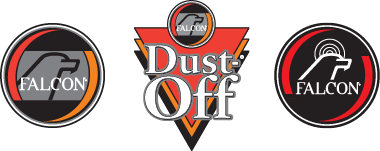Boating safely means having the right equipment on board for all emergencies, big and small.
Basic First Aid
Maintain a first aid kit stocked with basic supplies. You can include gauze, bandages, alcohol cleaning pads, aspirin, PPE like gloves, or protective eyewear etc. This is essential for any boat trip and the boat should not set sail without a first aid kit. Of course, whilst it’s important that you have a fully-packed first aid kit at your disposal, making sure that it has been stored in the safest way possible is also very important – read the guide from somewhere like Storemasta here to find out more.
Personal Flotation Devices (PFDs)
The U.S. Coast Guard and/or state laws require you to have an approved PFD (also called life jackets and life vests) when you are in a boat, and that boat must carry one PFD for each passenger on board. Certain types of boats must also have a cushion or ring that can be thrown to a person in the water. Learn about the BoatUS Foundation Life Jacket Loaner Program and watch a video they created about how to properly fit a child’s life jacket.
Signaling Devices
Keep day and nighttime signaling devices on your boat including a sound horn, distress flag, flares and/or a fog system.
Marine Batteries
Ensuring you have an emergency stock of marine batteries can give you peace of mind that your boat will not be short on power.
Fire Extinguisher
You must have a fire extinguisher with you while you’re on the water. Hopefully, you’ll never need it, but it’s an essential item to keep close at hand should a fire ignite in the engine, galley or on the grill.
Boat Anchor
To keep from running aground in bad weather or as a result of engine failure, every boat needs an adequate anchor. Read more in our Anchoring section.
Tow Ropes & Dock Lines
Make sure you have an extra tow rope in case you or another boater is stranded and needs a lift. Dock lines also come in handy when you need to tie up to someone’s pier.
Marine VHF Radio & Cell Phone
Keep a VHF radio on your boat at all times and bring your cell phone along too. Read our Emergency Protocol section for instructions on how to call for help.
Courtesy of BoaterExam.com


